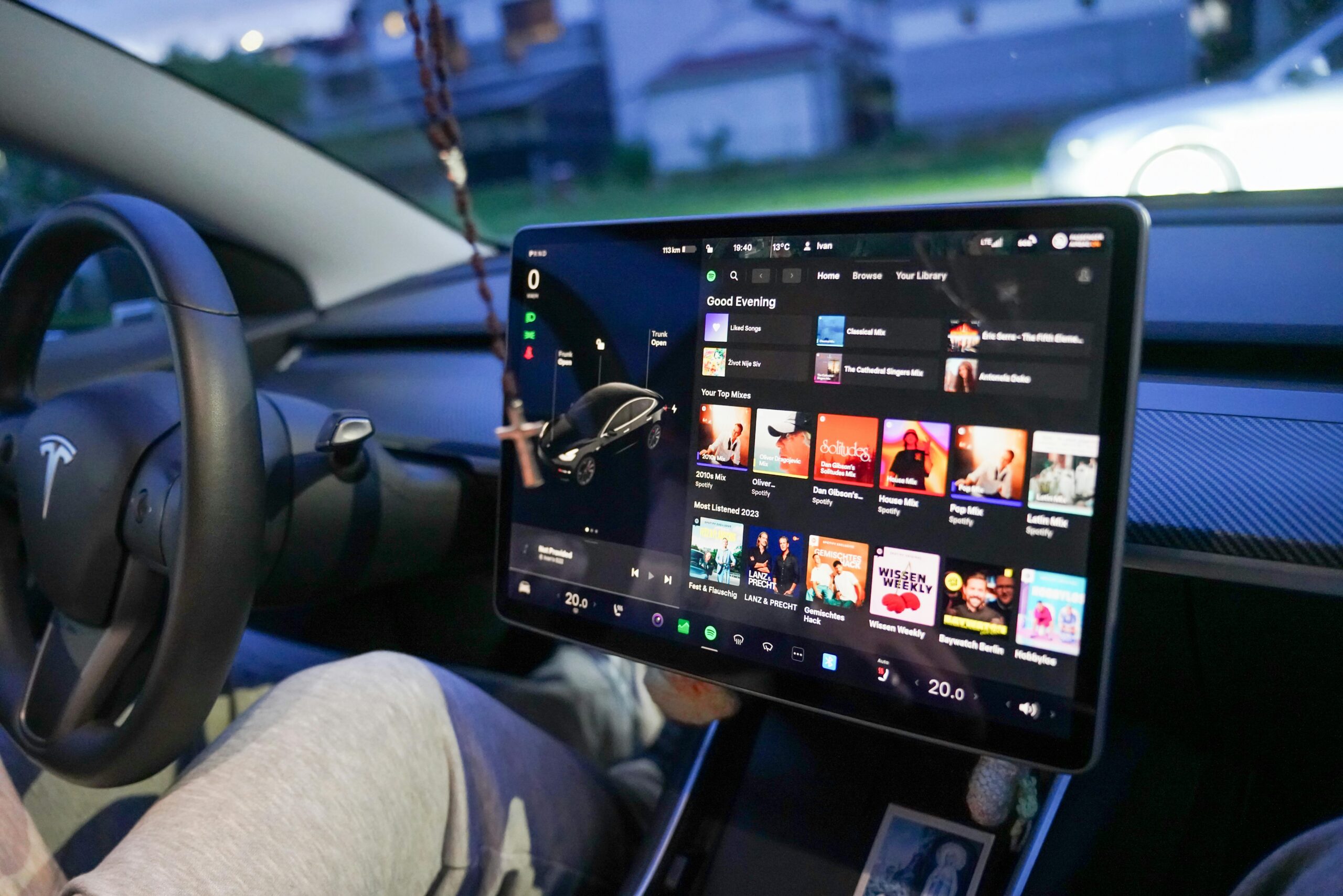In recent years, electric vehicles (EVs) have shifted from a futuristic concept to a mainstream reality. With advances in technology and increasing environmental awareness, more people are considering EVs as their next car purchase. This article delves into the evolving landscape of electric vehicles, exploring the latest trends, challenges, and what the future holds for this exciting technology.
The Rise of Electric Vehicles
Electric vehicles have seen a significant surge in popularity due to several key factors:
- Environmental Impact: As concerns about climate change grow, the reduction in carbon emissions offered by EVs is a significant advantage.
- Technological Advancements: Improvements in battery technology, charging infrastructure, and vehicle performance have made EVs more practical and appealing.
- Government Incentives: Many governments are offering incentives such as tax rebates and grants to encourage the adoption of electric vehicles.
Current Trends in Electric Vehicles
To understand where electric vehicles are heading, it’s essential to look at the current trends shaping the industry:
- Increased Range and Efficiency: Modern EVs are boasting longer ranges, often exceeding 300 miles on a single charge, making them suitable for long-distance travel.
- Faster Charging Times: Innovations in charging technology are reducing the time it takes to charge an EV, with some systems promising a full charge in under 30 minutes.
- Diverse Models: The market now offers a wide range of EV models, from compact cars to luxury SUVs, catering to different preferences and needs.
Challenges Facing the EV Market
Despite the progress, several challenges must be addressed to ensure the continued growth of electric vehicles:
- Infrastructure Development: Expanding the charging infrastructure is crucial to support the increasing number of EVs on the road.
- Battery Disposal and Recycling: Managing the environmental impact of used batteries is a growing concern that needs sustainable solutions.
- Cost: While prices are decreasing, EVs are still more expensive than their gasoline counterparts, potentially limiting their accessibility.
The Future of Electric Vehicles
The future of electric vehicles looks promising, with several exciting developments on the horizon:
- Solid-State Batteries: These next-generation batteries promise to offer higher energy density, longer lifespans, and improved safety compared to current lithium-ion batteries.
- Autonomous Driving: Many EV manufacturers are integrating autonomous driving features, paving the way for self-driving cars.
- Wireless Charging: Emerging technologies are exploring the possibility of wireless charging, making it more convenient for users to keep their vehicles powered.
Examples and Real-World Applications
To illustrate the impact of electric vehicles, consider the following examples:
- Tesla’s Supercharger Network: Tesla has developed an extensive network of superchargers, enabling Tesla owners to travel long distances with ease.
- Nissan Leaf: One of the most popular EVs, the Nissan Leaf, has consistently improved its range and features, making it a practical choice for many drivers.
- Public Transit: Cities like Shenzhen in China have fully transitioned their public bus fleets to electric, significantly reducing urban pollution.
Conclusion
Electric vehicles represent a transformative shift in the automotive industry, offering a cleaner, more sustainable alternative to traditional gasoline-powered cars. With ongoing advancements in technology and infrastructure, the adoption of EVs is expected to accelerate, shaping the future of transportation. By addressing the current challenges and continuing to innovate, the potential for electric vehicles is vast and promising.
References
To learn more about the rise of electric vehicles and their impact on the environment and technology, you can explore the following sources:
By staying informed and considering an electric vehicle for your next car, you can contribute to a greener, more sustainable future while enjoying the benefits of cutting-edge automotive technology.

